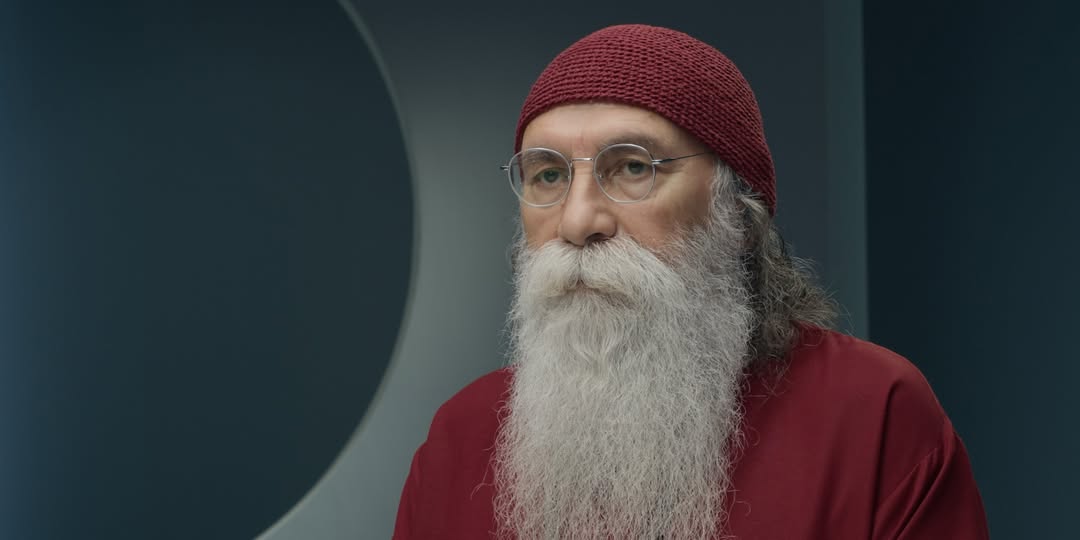“Freedom is not inherited, taught, learned, received, or granted: it is conquered. It is not an external possession, but the result of an internal process that requires clarity, courage, and the ability to give things up. It does not consist of satisfying arbitrary desires or mental demands, but of aligning one’s will with what deserves to be desired. It is not defined by the absence of limits, but by the conscious recognition of those that protect our integrity.
Epictetus, born a slave and became a Stoic teacher, taught that no one is free while dependent on what they do not control. In one of his most quoted maxims, he stated: “It is not things that disturb us, but the opinions we have about them.” His philosophy does not seek external emancipation, but mastery of judgment. Only those who free themselves from knee-jerk reactions can access the serenity of discernment. Much later, Baruch Spinoza reformulated the notion of freedom as knowledge of necessity. The more we understand the causes that determine us, the more capable we are of acting according to reason. Freedom does not reside in arbitrary choice, but in consistency with our essential nature. In his words: “The free man thinks of nothing less than death, and his wisdom is a meditation on life.” His freedom is not a denial of necessity, but an active understanding of its laws.
From the East, the Buddha taught that the root of suffering is attachment. Freedom is not achieved by accumulating objects, experiences, or power, but by stripping ourselves of the impulse to hold on. As the Dhammapada states: “He who conquers others is strong, but he who conquers himself is powerful.” Self-discipline does not repress: it reveals the unnecessary and frees us from the illusory.
Lao Tzu, in the Tao Te Ching, conceived of a freedom that is not imposed but manifests itself as harmony with the course of the world. His principle of wu wei—action without forced effort—does not represent inaction but careful adjustment to the unfolding of events. “The wise man does not show off, and therefore shines,” he wrote. Free action flows with discretion, without friction, without the will to control.
In an age that confuses freedom with the unlimited expansion of desire, opinion with knowledge, and reaction with thought, it is urgent to recover the wisdom of those who thought of freedom as a form of maturity. It is not achieved by raising one’s voice, but by cultivating listening. It is not realized through the indiscriminate denial of all authority, but through the recognition of that which is born of reflective and serene judgment. To be free is to remove oneself from noise. It is affirming with integrity, denying without violence, thinking without dependencies, speaking with restraint, and inhabiting the present without nostalgia or anticipation. Freedom is not a place to arrive at; it is a way of being in the world with undivided presence.
In its highest expression, freedom is revealed when all identification with the body or the mind ceases. Those who understand that they are not form or thought, but pure consciousness, attain an emancipation that transcends the psychological and the social. This clarity is not achieved through argument, but through direct experience. Meditation allows for this recognition. It separates the transitory from the essential, the conditioned from the permanent, until only that which cannot be observed because it is observation remains: consciousness itself. It is here that desire, the longing for freedom, is transcended. This silent clarity has rightly been called Moksha or absolute freedom.
Prabhuji




